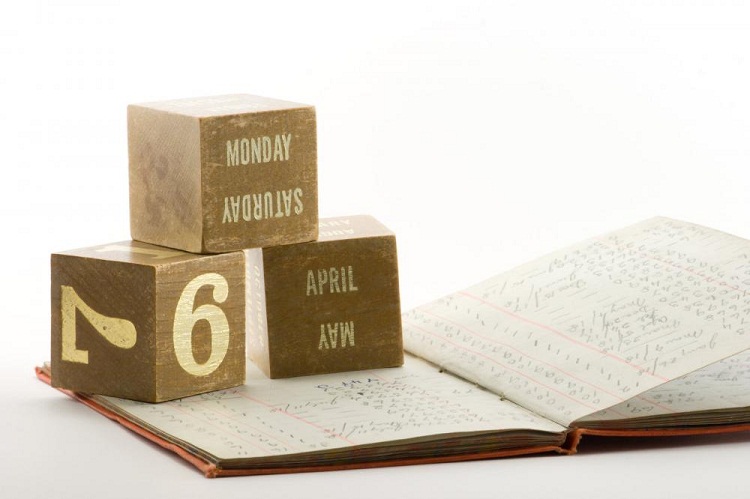
Benjamin Franklin once said,
Only two things in life are certain: death and taxes.
And humbly we may add…
The stress that comes with the tax season, especially for businesses.
The late-night sittings to ensure everything is in order, the dredging of the past-year receipts and financial statements, the rush to the record room in search of the missing document, the accidental bumps, the spills — Hey, watch your step!— a workplace truly transforms into a stress cauldron during the tax season.
So how can you avoid this situation of stress and chaos?
By being organized and proactive.
Allows us this opportunity to elaborate on how you can accomplish this.
Prepare as you go
You don’t have to wait until the very last minute to review and tally your financial records. You can do it much earlier. In fact, try reviewing your year-round expenses from time to time. You can fix a daily schedule, a weekly time table or you can also do it at the end of each month.
Keep your receipts – all of them!
Even if it’s a receipt accounting for sundry expenses, just keep them as part of your record. It’s not that the IRS doesn’t offer any leverage, they do, such as in the form of the Cohen Rule or IRS Publication 463, but why invite debate with audit professionals?
Supplement quick-to-remember notes with your receipts
Some expenses are easy to remember and recall, while others are not. The receipt only documents the nature of expense, it does not provision the purpose of why an expense was made. Remembering the business purpose of a dinner could be important if you are looking to apply for a deduction.
Make digital copies of all tax-related financial documents
A paper trail can easily get lost, someone might tamper with it and it’s not the most convenient format for cross communication purposes. Therefore, we would suggest you to make digital copies of all your paper format tax documents. Keep the storage media in your possessions and don’t let anyone else use it.
Avoid cash when paying for business expenses
Cash is difficult to track and nearly impossible to reconcile with expense receipts. This means if you excessively use cash for expenses, you are likely to struggle to maintain good bookkeeping records. Stick to credit and debit cards.
There is nothing more stressful and chaotic than opening a shoebox full of unorganized and mismatched documentation, come the advent of tax season. Heeding these tax organization tips would ensure this does not happen with you.
A BONUS read: Compulsory Tax Audit for Your Company—When and Why?





